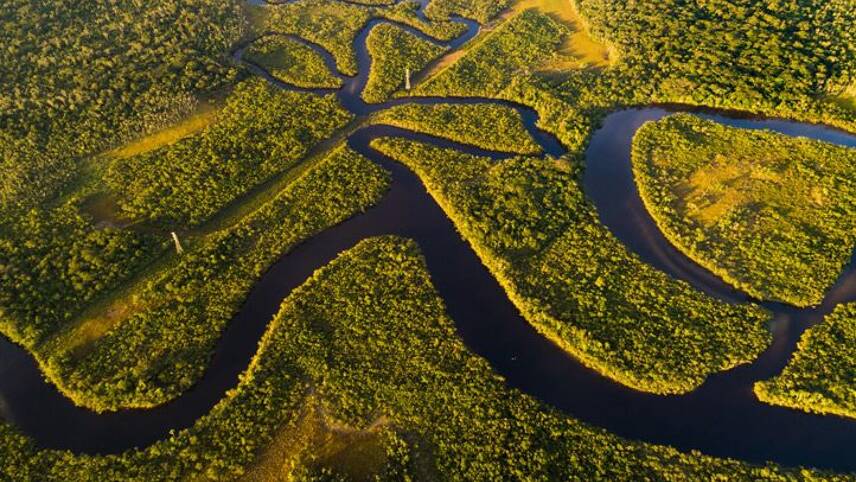Register for free and continue reading
Join our growing army of changemakers and get unlimited access to our premium content

One of the key aspects of the 80x25 goal is to expand indigenous right in order to help mitigate the climate crisis and biodiversity collapse
The EIU’s Blue Peace Index 2019, developed with support from the Swiss Agency for Development and Cooperation, analysed 24 countries across five transboundary river basins on 74 qualitative and quantitative indicators. The report found that integrating water-based decisions into policy discussions could create a range of shared benefits between nations.
“Linking water to a wider range of policy goals, and integrating water diplomacy into regional and bilateral political dialogues can help identify new ways forward when shared benefits are not initially evident. Commitment to joint benefit-sharing can yield various economic, environmental, and political benefits,” the report states.
The report found that shared institutions and legal frameworks should be introduced for transboundary river basins in a bid to resolve issues as they arise peacefully. The benefits of doing so, the report notes, range from reduced flooding and drought, protected biodiversity, enhanced energy security and optimisation of investments.
The Amazon river basin, for example, is “challenged by a lack of co-ordinated investment programmes” and needs to “improve co-ordinated pollution control mechanisms”, both of which are stifling environmental and social prosperity in the region, according to the report.
Transboundary river basins provide more than half of the world’s freshwater flow and 40% of the global population are located in these areas. However, the report claims there is a “worrying absence” of collaboration aimed at governing these resources.
Scarcity of freshwater poses significant challenges for agriculture, industry, energy generation, and domestic drinking and sanitation globally. Less than 3% of the world’s water supply is freshwater, but demand is growing by 1% each year. By 2050 the world’s growing demand for freshwater could put 45% of the world’s global GDP and 40% of its grain production at risk.
Currently, a quarter of the world’s population across 17 countries are living in regions of extremely high water stress.
The EIU’s Blue Peace Index lead author Matus Samel said: “Water management and transboundary water co-operation can affect people’s fundamental rights and livelihoods. If we do not address these challenges, balancing the needs of different communities, individual disputes can evolve into long-term conflicts.
“Water can be weaponised but can also be a tool for co-operation, even in the most difficult contexts. The Blue Peace Index allows us to start conversations and keep this critical issue on the global agenda.”
English concerns
According to the Environment Agency (EA), England is set to run short of water within 25 years.
In response, the Department for Food, the Environment and Rural Affairs (Defra) has proposed the introduction of a “personal water target” which would legally require individuals to keep their water consumption within a certain “budget”.
Businesses in the UK are also beginning to take ambitious action to safeguard citizens and businesses from this risk.
Last September, for example, nine of the UK’s largest water firms, along with 20 NGOs, joined together to create a set of “shared principles” to improve the health of the environment. These cover a huge range of environmental issues – from tackling pollution by “unflushables” like baby wipes, to natural water filtering, to working with farmers on more environmentally friendly agricultural techniques.
To incentivise further action, Blueprint for Water, part of the Wildlife and Countryside Link – the largest environment coalition in England – publishes sustainable water “scorecards” on an annual basis, ranking water utilities on their efforts to conserve nature and promote social sustainability.
Moreover, a group of 10 water jointly launched a new innovation fund aimed at supporting green solutions to climate change, population growth and leaks this April.
Matt Mace


Please login or Register to leave a comment.